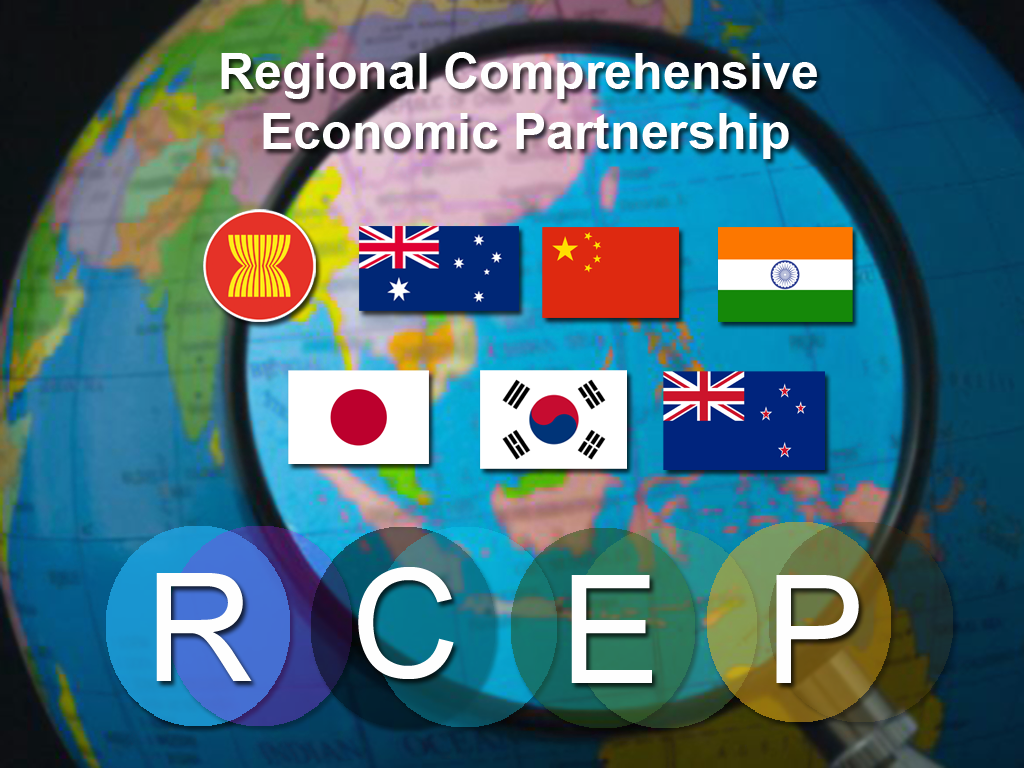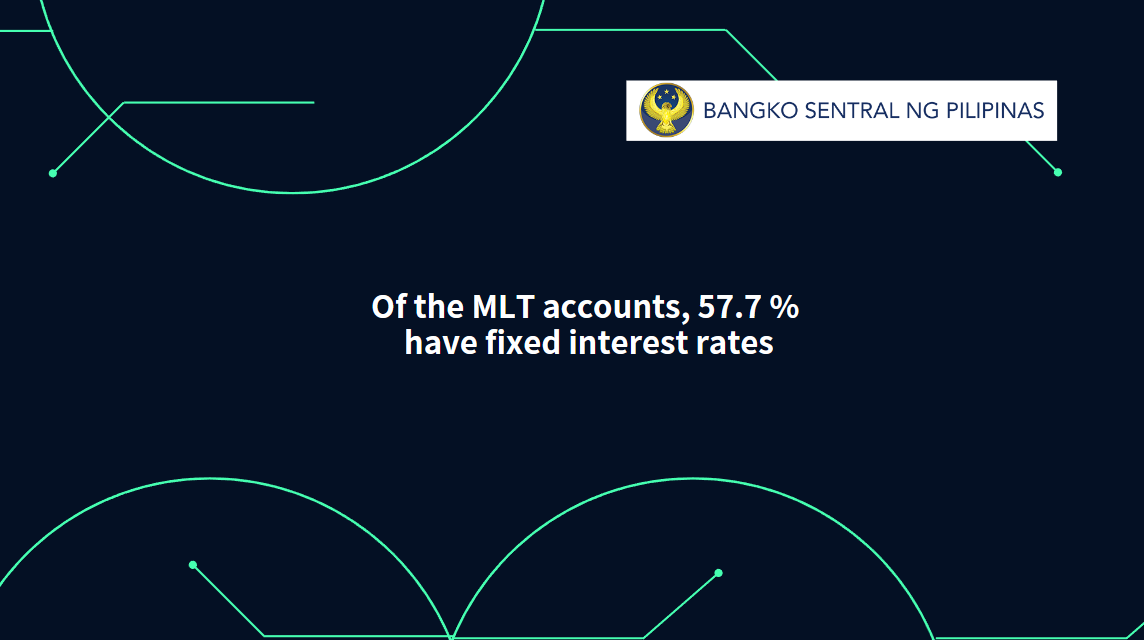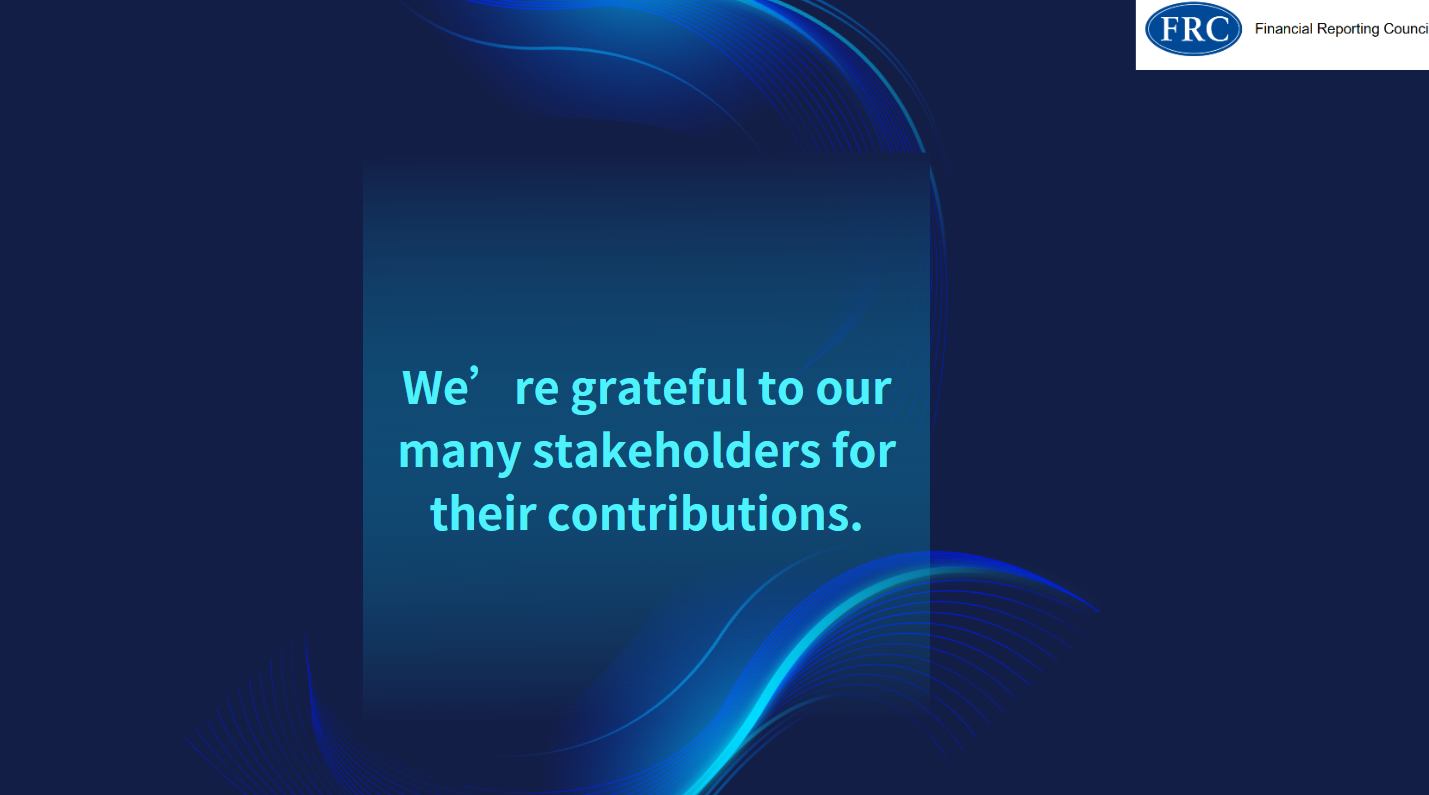Bill aims for strategic focus, council to reach export potential with RCEP
The proposed Tatak Pinoy Strategy (TPS), which signifies strength in the Filipino brand, aims to “systematically expand” productive capabilities of businesses for export, Marikina Rep. Stella Luz A. Quimbo said in House Bill No. 8525.
Ms. Quimbo said the game plan is intended to help the Philippines maximize the benefits of global trade agreements such as the Regional Comprehensive Economic Partnership (RCEP), which has recently come into effect.
“This is crucial amidst the country’s untapped global potential,” she said, noting the International Trade Center’s estimate that the country has some $27.8 billion worth of unrealized export potential.
The TPS will focus on five clusters, namely: manpower, infrastructure, technology and innovation, investments, and public fiscal management and government procurement.
It will cover a six-year period and must be aligned with the Philippine Development Plan (PDP), according to the bill.
A council will be created to manage and propose improvements to the proposed TPS, with the National Economic and Development Authority (NEDA) director-general as chair and the Trade and Finance secretaries as vice-chair.
Funding for the TPS will be allocated in the national budget.
Priority sectors that will be assisted include creative industries specified under the Philippine Creative Industries Development Act.
A similar measure is being discussed in a Senate committee.
“At a time of globally integrated development, this bill seeks to promote the Filipino brand to be recognized as world-class [through its] quality products and services,” Ms. Quimbo said.
The Department of Trade and Industry (DTI) said in a Senate hearing in April that it will assist companies looking to maximize the benefits of RCEP.
EXPORT PLAN
Meanwhile, Malacañang issued a memorandum circular (MC) on Thursday approving the Philippine Export Development Plan for 2023 to 2028 (PEDP 2023-2028).
The PEDP, which was approved by President Ferdinand R. Marcos, Jr. earlier this month, calls for “industry-level” and “company-level” interventions to address challenges facing the domestic export sector, which has lagged behind regional rivals.
The memorandum, signed by Executive Secretary Lucas P. Bersamin on June 20, directs concerned government agencies to “support and cooperate in the implementation of the PEDP 2023-2028.”
Sixty days upon the memorandum’s effectivity, agencies must submit to the Export Development Council and to the office of the Executive Secretary an inventory of relevant programs, activities and projects that are in line with the development plan.























































First, please LoginComment After ~